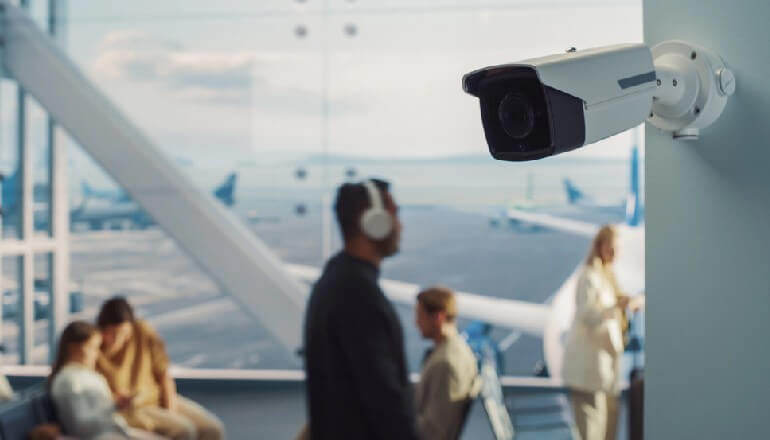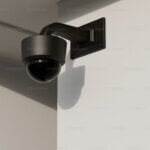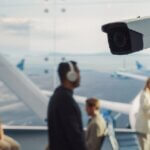Commercial CCTV Leeds: Security and the Law
CCTV is everywhere in UK workplaces — shops, offices, warehouses, and hospitality venues. It’s a reliable way to deter crime, protect staff, and gather evidence when things go wrong. But it also comes with legal responsibilities. If your cameras record people, the footage is classed as personal data, which means the Data Protection Act 2018 and UK GDPR apply.
The Rules You Must Follow
- Have a lawful reason
CCTV should only be used for a clear purpose, like preventing theft or ensuring safety. - Be transparent
Put up visible signs telling people cameras are in use and why. - Respect privacy
Don’t film in areas like toilets, changing rooms, or private offices. - Limit how long you keep recordings
Store footage only as long as necessary — usually a few weeks unless linked to an incident. - Secure the data
Protect recordings with strong security and restrict access to authorised staff. - Respect individual rights
People can request copies of footage of themselves, and you must respond within a month. - Review high-risk systems
Large-scale monitoring or advanced tools like facial recognition may require a Data Protection Impact Assessment.
Do’s and Don’ts
Do train staff, review your system regularly, and keep policies simple.
Don’t use CCTV secretly, keep footage forever, or share recordings without good reason.
Why It Matters
Commercial CCTV Leeds: Handled well, CCTV keeps your business safe while respecting people’s rights. Get it wrong, and you risk fines, complaints, and a loss of trust. The balance is simple: security plus responsibility.




